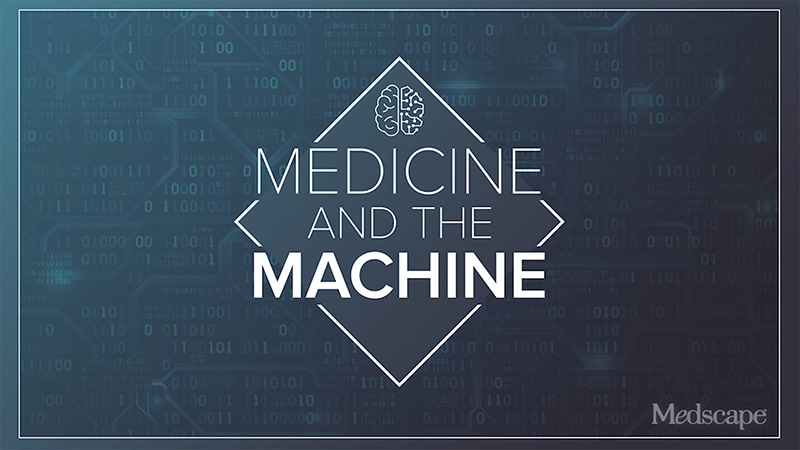Physicians' Role in Shaping the Future of AI in Medicine
The content delves into a conversation between Eric J. Topol and Dr. Adam Rodman regarding the integration of large language models (LLMs) like ChatGPT, GPT-3, GPT-4, and Gemini in medical practice. Dr. Rodman discusses the implications of LLMs in clinical reasoning, diagnosis, and patient care, emphasizing the need for physicians to lead the charge in leveraging AI technology effectively. The dialogue covers historical perspectives on medical tools like the stethoscope and electronic health records (EHR), highlighting the transformative potential of AI in reshaping clinical workflows and patient interactions. Dr. Rodman addresses concerns about AI skepticism among physicians, emphasizing the importance of embracing and understanding AI tools to enhance healthcare delivery. The conversation also touches on the impact of AI on medical education, the evolving role of physicians in the era of AI, and the potential for reducing diagnostic errors and improving patient care through AI integration.
Highlights:
- Dr. Rodman discusses the role of LLMs in text summarization and clinical decision support.
- The conversation explores historical parallels between medical tools like the stethoscope and AI technology.
- Dr. Rodman emphasizes the need for physicians to drive the integration of AI in healthcare to avoid external influence.
- The dialogue addresses concerns about AI skepticism and the importance of engaging with AI technology.
- The potential for AI to enhance patient care, reduce diagnostic errors, and improve clinical workflows is discussed.
Personalizar resumen
Reescribir con IA
Generar citas
Traducir fuente
A otro idioma
Generar mapa mental
del contenido fuente
Ver fuente
www.medscape.com
Physicians: Shape Your AI Future or Someone Else Will
Ideas clave extraídas de
by Eric J. Topo... a las www.medscape.com 10-02-2023
https://www.medscape.com/viewarticle/996650
Consultas más profundas
